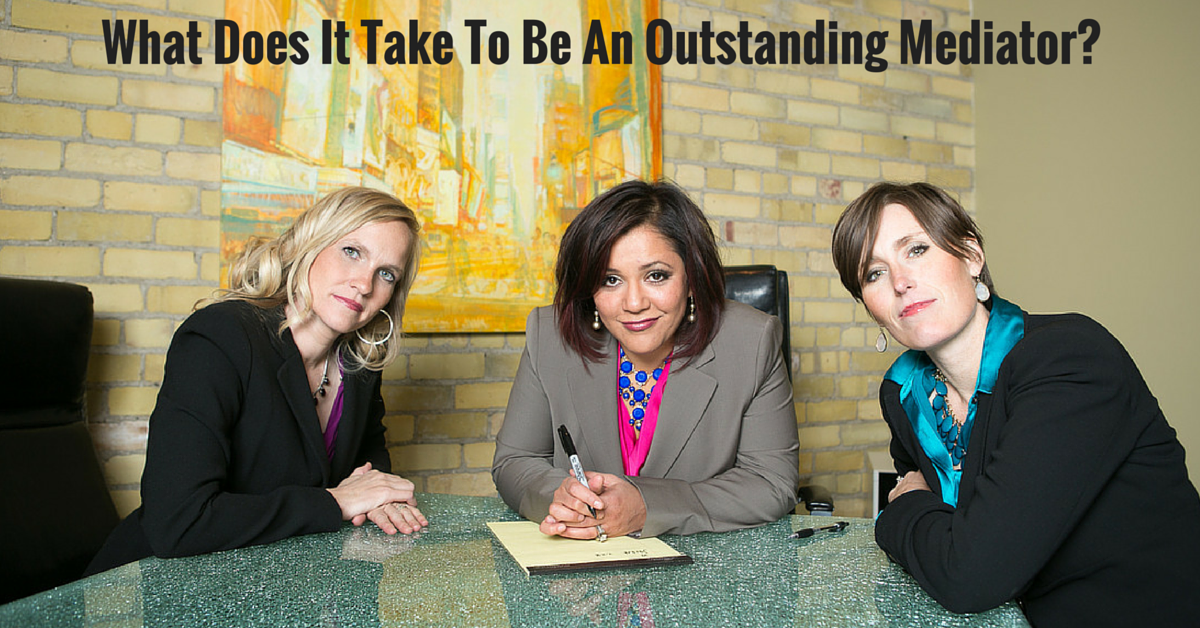This article was contributed by Shruti Verma of Lloyds Law School. It is being republished from A First Taste of LAw.
Basically, Mediation is a process in which an impartial third party called the MEDIATOR assists the parties to a dispute in reaching a mutually satisfactory and agreed settlement of the dispute.
Thus, in other words, we can say that mediation is a process by which the disputing parties engage the assistance of a neutral third party to act as a mediator. The mediator acts as an intermediary who has no authority to make any binding decisions but who uses various procedures, techniques and skills to help the parties to resolve their disputes by negotiated agreement without adjudication. Mediation is generally conducted before a single mediator who does not judge the case but helps facilitate a discussion and eventual resolution of the dispute. Mediation enjoys a great success rate partly because the parties are brought together in a neutral environment where they can freely and confidentially present their position in front of a neutral third party who then
attempts to limit the issues and put them in perspective.
A mediator shall always consider 3P’s while exercising his duties which are as follows:
- Supporting the PEOPLE
- Controlling the PROCESS
- Solving the PROBLEMS
Thus, it’s the duty of a mediator to support people and guide them in reaching an agreement of settlement. He is also bound to control the process of mediation and solve the problems of the disputant parties.
A mediator shall also possess the following characteristics to be an outstanding mediator:
- He must not be impatient while performing his job.
- He must give full attention to the disputant parties and stay focused.
- He must have an ability to empathize and be gentle, to withhold judgment.
- He must be able to direct and confront the disputant parties.
- He must have credibility through experience and impact.
- He must also possess the personality probing skills of a good psychiatrist.
- He must have a good sense of humor.
- A mediator is required to be a positive person.
- A mediator shall me tough as well as polite with the disputing parties.
- He must be understanding and warm.
- He must be worthy and a trustworthy person.
- He must acquire self-knowledge and must be self-disciplined.
- He must be modest and neutral.
Thus, the above mentioned are some of the qualities a mediator should possess so as to be a successful as well as an outstanding mediator. Use of mediation is an attempt by the society to resolve their differences between themselves rather than relying on the judicial system. As firstly, the judicial system consists of very formal proceedings whereas on the other hand mediation is a very informal process of resolving disputes. Secondly, judicial proceedings cannot be kept private and confidential, on the other hand in mediation all the proceedings can be held privately. Thirdly, judicial proceedings are highly time consuming and costly, whereas mediation has been proved to be a faster mode of reaching a settlement agreement. Thus, all the above-mentioned things are to be kept in mind of a person acting as a mediator so as to become an outstanding mediator.
 Serato DJ Crack 2025Serato DJ PRO Crack
Serato DJ Crack 2025Serato DJ PRO Crack









 Allow notifications
Allow notifications


